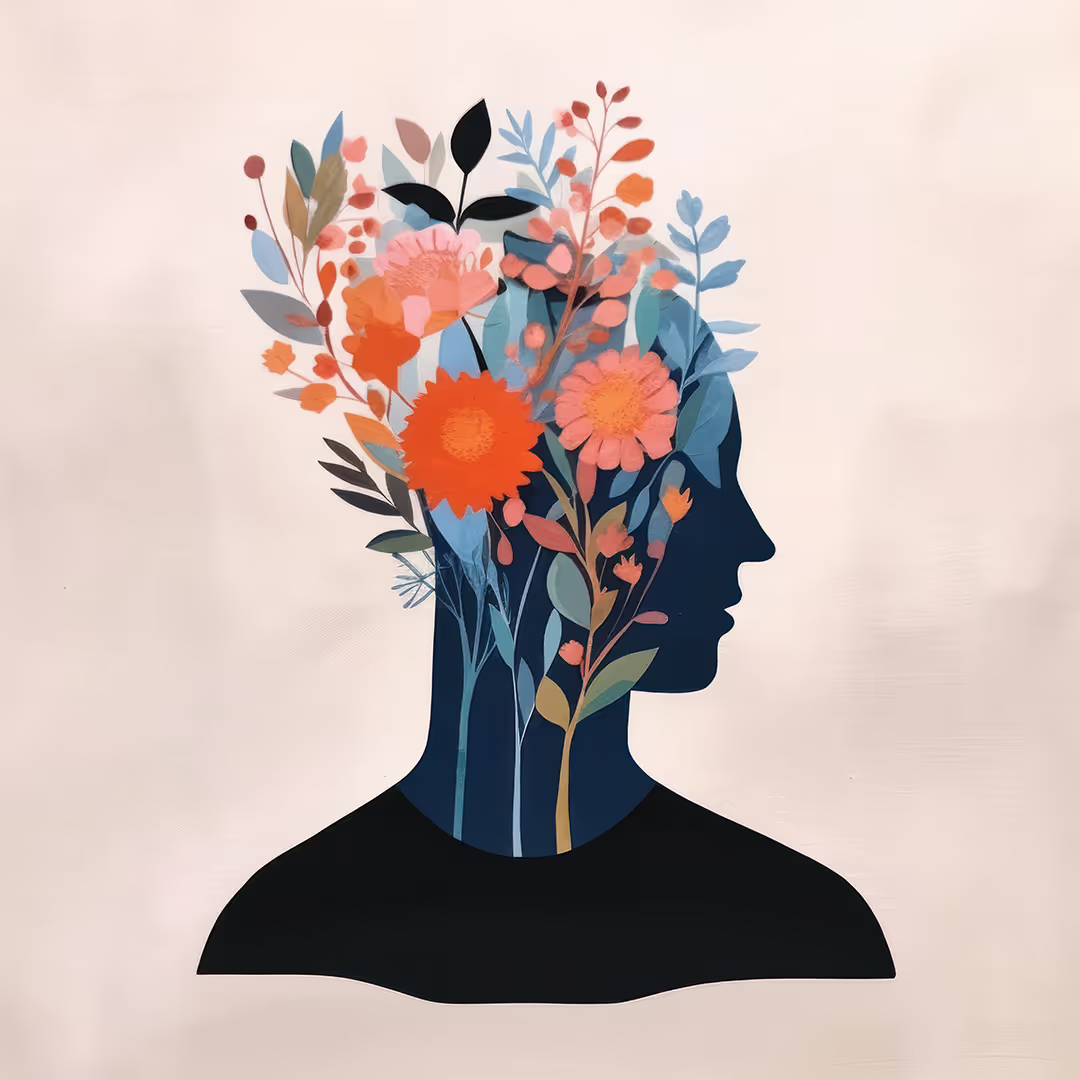Neurodivergence Care in Frisco, TX
Understand your unique brain. Build tools that actually work.

Neurodiversity refers to differences in how information is processed. Individuals with neurodivergence solve problems differently and often have sensory differences (e.g. hyposensitivity and/or hypersensitivity). An individual with neurodiversity may have difficulty with starting and/or stopping tasks, hyperfocusing, attention, organizing, flexibility, working memory, planning, impulsivity, self monitoring, and emotional regulation. A neurodivergent brain works very fast and often elicits a great deal of creativity and expression, but this can be stifled in a neurotypical world which can lead individuals to feel exhausted, anxious and depressed.
We appreciate and celebrate the differences that neurodivergent individuals have and see them as assets-not deficits. Our goal is to help individuals work WITH how they see the world versus against it and to aid with identifying needs in order to address them. We seek to help individuals to understand how they see the world so that they can be advocates for themselves.
Neurodivergent care is about respecting differences, valuing diversity, and providing the support that helps neurodivergent individuals thrive on their own terms. It's a holistic, compassionate approach that recognizes people as they are, not as problems to be fixed.
Individuals who wrestle with:
Struggles with focusing (e.g. hyperfocus or inattention), restlessness, feeling overwhelmed, procrastination, anxiety, depression, impulse control, organization, memory, masking (e.g. feeling like you are acting), fatigue, experiencing big feelings that are hard to manage or control, fixations, seeing the world as if it is “all or nothing” without the gray, sensory differences (textures, lights, sounds, taste), cycles of expending a lot of energy and getting a lot done but then feeling depleted, feeling like you have 50 tabs open at all times, racing thoughts, feeling like things can be “out of sight and out of mind”,preference for routine and structure, rejection sensitivity, addictive behavior, impaired sleep, limerence in romantic and/or friendships (e.g. obsessive thoughts about others), recognizing feelings and putting them into words and social differences (e.g. interpreting verbal and physical social cues).
Anxiety and depression are often co-occurring symptoms that occur with neurodivergence and are often diagnosed BEFORE an individual learns that they see and experience the world differently. Anxiety and depression may occur because the individual may feel misunderstood, lost, or out of control in a world that promotes neurotypical behavior, learning and expression. Individuals that learn how their brain works feel more empowered and able to recognize needs/wants and advocate for themselves.
You don't need an official diagnosis to benefit from care at Milestone Family Counseling. Many people in Frisco come to us when they:
Early support at Milestone Family Counseling can prevent years of struggle and misunderstanding.
We know seeking help can feel vulnerable. Our Milestone Family Counseling team creates a welcoming environment from your first contact. Schedule your session today!
ADHD does not always look hyperactive; it may appear inattentive in which the individual's brain is moving fast internally rather than externally. These individuals may report higher levels of masking, anxiety and perfectionism.
Neurodivergent individuals see and recognize things in patterns. They must learn and understand patterns, but also flexibility as patterns can change.
Individuals with neurodivergence have the superpower of focus which can look like hyperfocusing. This is helpful if the individual is doing a task they WANT/NEED to do but can be unhelpful when the focus is on a person, thought or idea that causes distress.
Individuals with neurodivergence have big feelings which can’t be controlled and can be wonderful when the feeling is pleasurable.
Your milestone is waiting. Let’s reach it together!